
A scene from a notorious video of Indonesian military torturing a Papuan. Photo: originally provided by West Papua Media
Asia-Pacific Journalism, Pacific Media Centre
18 January, 2012
After a period of Dutch control, possession of West Papua was handed to Indonesia in a deal brokered by the US. This deal, known as the New York Agreement of 1962, promised West Papuan self-determination which led to the 1969 Act of Free Choice. This act, later branded as the “Act of No Choice”, was stripped of any legitimacy as a little more than 1000 hand-picked West Papuans representing a population of close to one million voted unanimously under military threats and coercion to retain Indonesian sovereignty. Reported incidents of human rights abuses inflicted on the West Papuan people at the mercy of the Indonesian military includes widespread violence, killings, torture, disappearance, rape, sexual violence, transmigration schemes, forced relocation, and the spread of infectious diseases such as HIV which has seriously harmed the existence of the West Papuan people. This article is a newspaper analysis of the Jakarta Globe, The New Zealand Herald, and The Sydney Morning Herald media coverage. Nigel Moffiet reports.
ANALYSIS: It can be argued that Indonesian abuses in West Papua are crimes consistent with the 1948 Convention on the Prevention and Punishment of the Crime of Genocide as a consequence of exploitation, transmigration, West Papuan displacement, targeted military brutality at West Papuan communities, and the systematic spread of infectious diseases. Given genocide is not a term to use lightly extreme caution must be made in using the label so as to avoid “the risk of setting up taxonomies of genocide, or opening crucial space in debates for re-engaging precisely the kinds of discourses that enable and naturalise it in the first place” (Banivanua-Mar, 2008, p. 586). Yet, the debate is taken seriously with the interests of ‘prevention and restitution rather than simply definition in order to “more effectively work backwards to a deeper and more practical understanding of how genocide happens” (Banivanua-Mar, 2008, p. 596-597). In this context, I also carry out media analysis and reportage of West Papuan human rights abuses and the question of genocide by The Jakarta Post, The New Zealand Herald, and The Sydney Morning Herald.
http://en.wikipedia.org/wiki/Genocide_Convention
Analysing human rights abuses within West Papua involved searching for the words “West Papua” and “genocide” within the archives of the three newspapers’ respective search engines. Surprisingly, the Jakarta Post had the most content fitting this description with 25 articles, followed by the Sydney Morning Herald with five articles and The New Zealand Herald with six.
Exploitation of West Papuan land and resources
The province of West Papua is rich in natural resources and since Indonesian rule government and military officials have been involved in the extraction this wealth through mining and forestry. The consequences of this exploitation has been dire for the Papuan people and has led to human rights abuses as observed by West Papuan campaigner John Rumbiak who stated that “all abuses in West Papua were caused by military and police presence aimed at protecting mining firms, forest concessions and timber estates exploiting natural resources”(Wing & King, 2005, p. 2).
Part of the systematic abuse towards the Melanesian people of West Papua included denying them the right to work or gain any wealth from their own natural resources in favour of generating work and wealth for the Indonesian Javanese population. On a 1980 visit to West Papua, a US professor noted a “planned influx of Indonesian workers, including more than 2000 families that were scheduled to be ‘dropped’ near two major oilfields in order to implement a ‘policy of non-employment of Melanesians in the oil industry’” (Brundige et al, 2004, p. 26). This is also evident in the US-ownedFreeport copper mine which in 1982 employed 452 expatriates, 1859 Indonesians, and only 200 Papuans who were employed as unskilled laborers” (Brundige et al, 2004, p. 26).
http://www.pmc.aut.ac.nz/sites/default/files/file_bin/201111/Metro_Dec2011_FreeportSuperfund_pp43-49.pdf
--CONTINUE TO READ
http://westpapuamedia.info/2012/01/24/human-rights-abuses-and-the-question-of-genocide-in-west-papua/



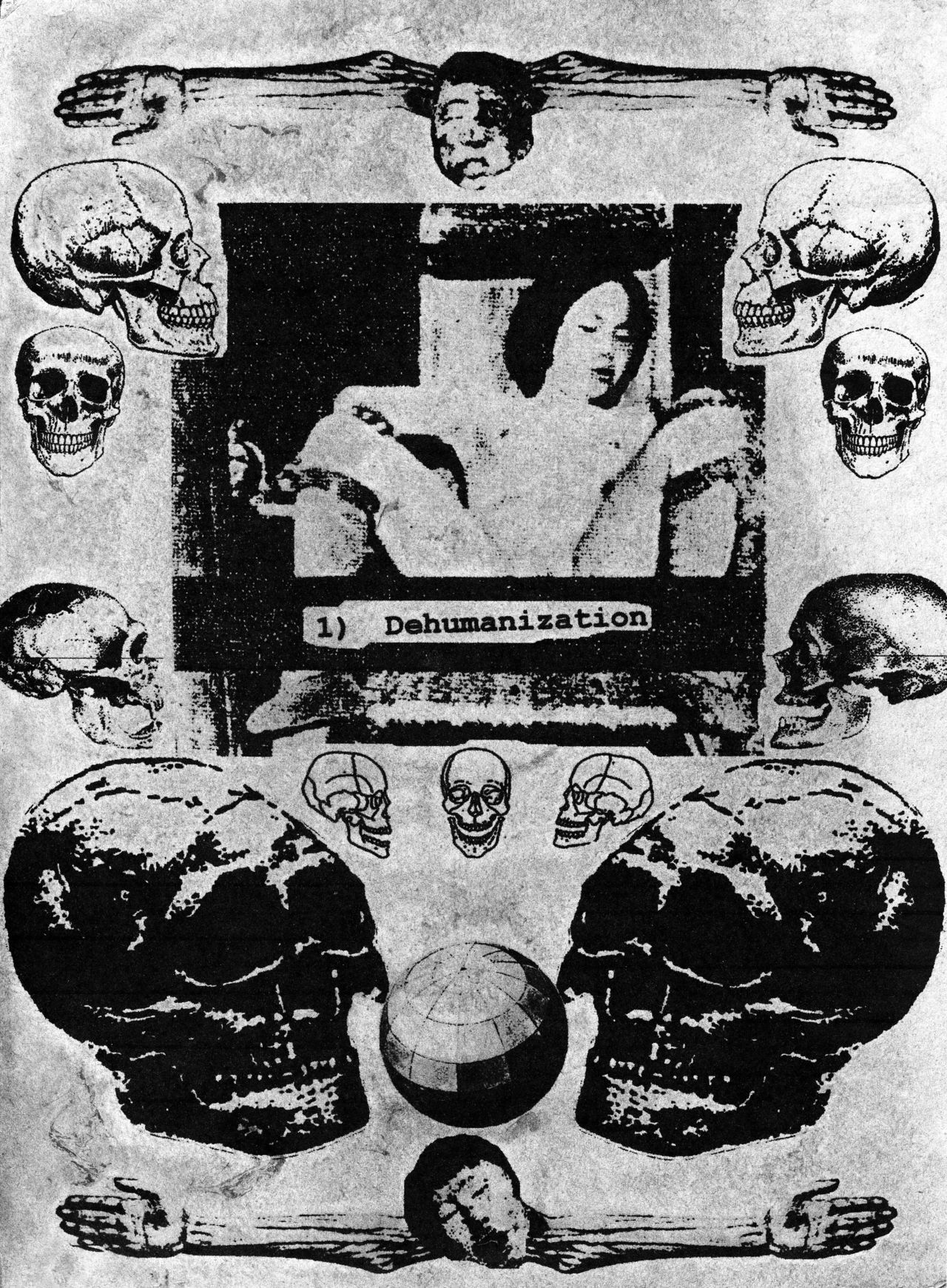



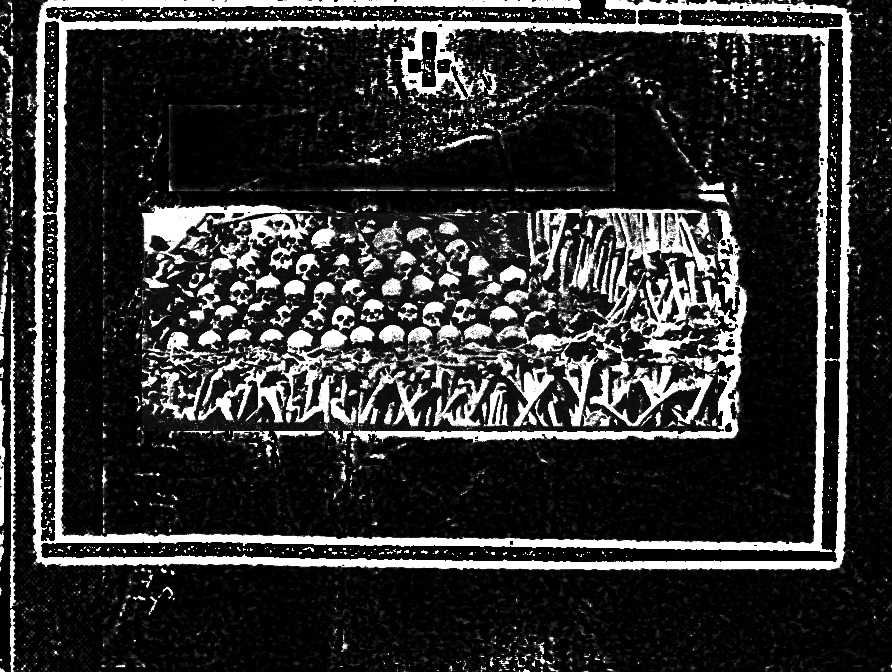
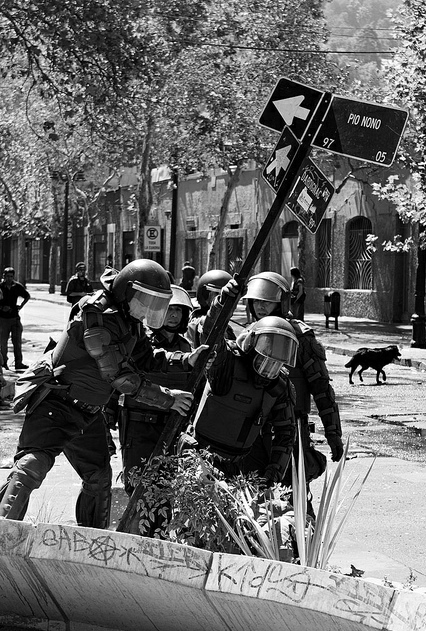
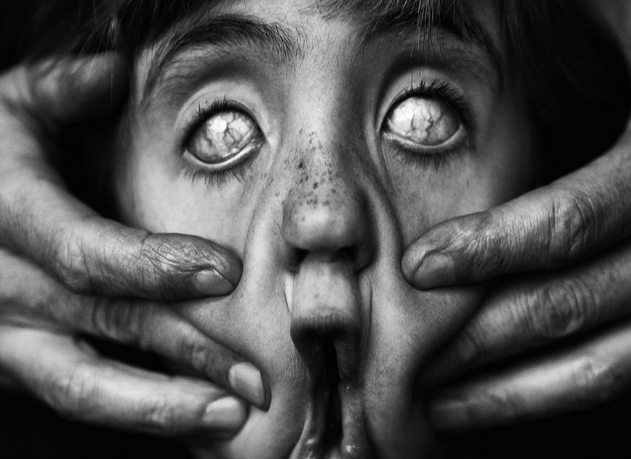

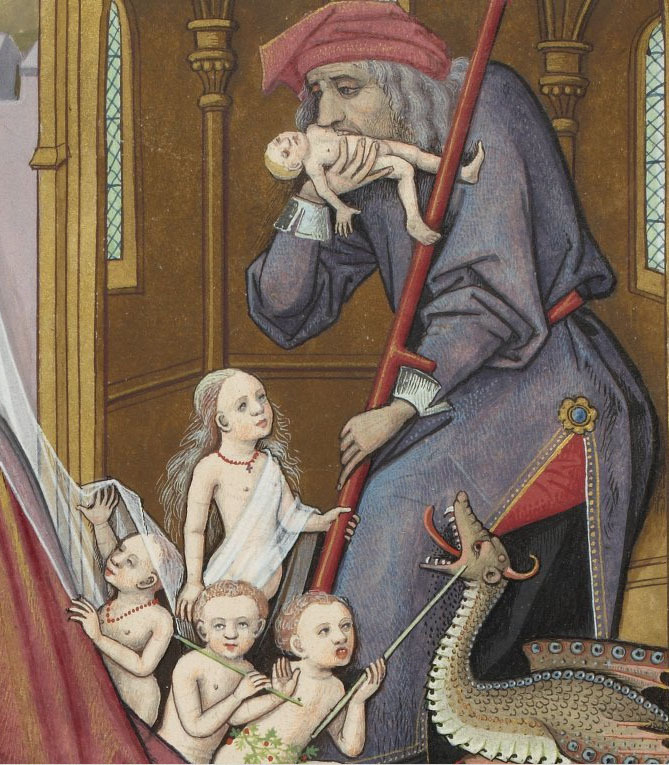
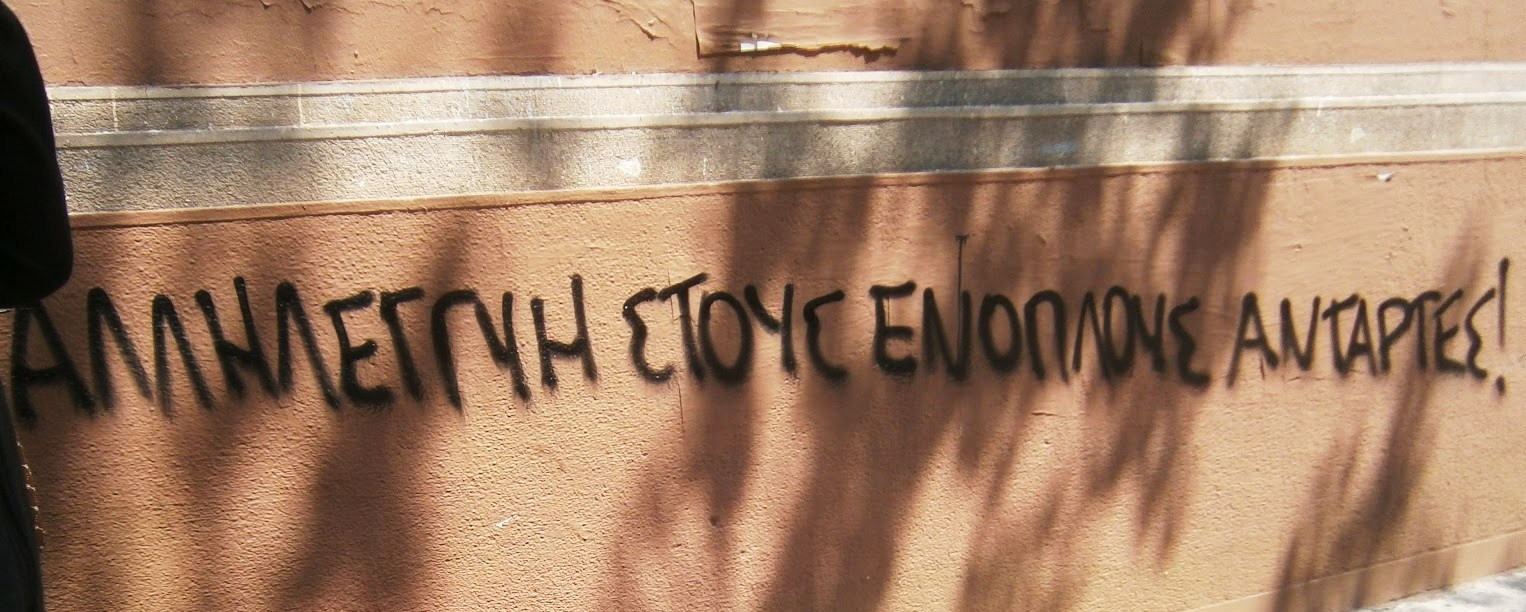

![Eurorepressione - Sulla conferenza a Den Haag sul tema "Anarchia" [corretto]](http://25.media.tumblr.com/tumblr_m0jvngOXtY1qa2163o1_1280.jpg)
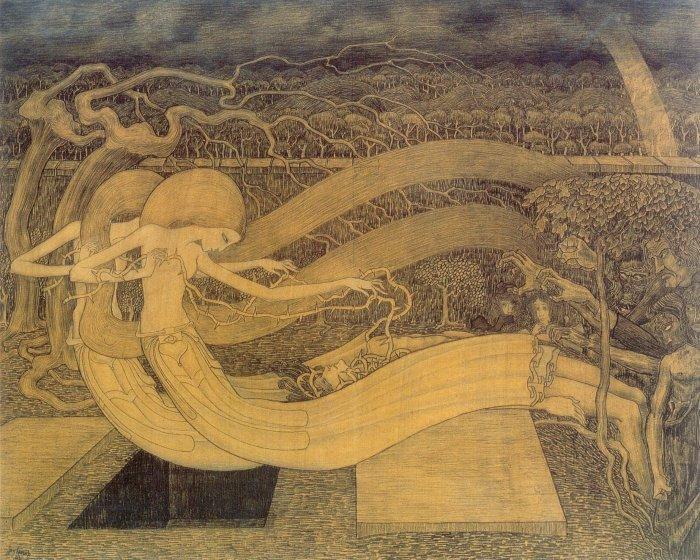
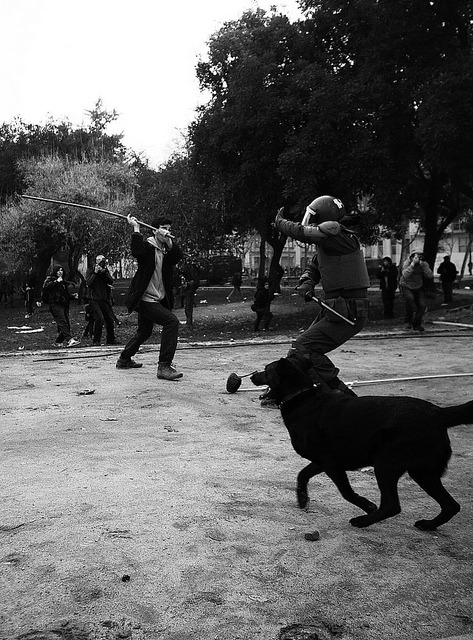
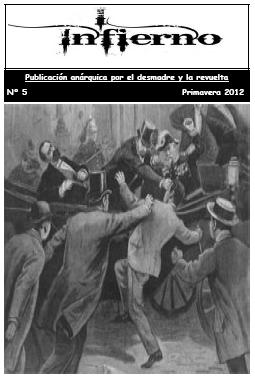
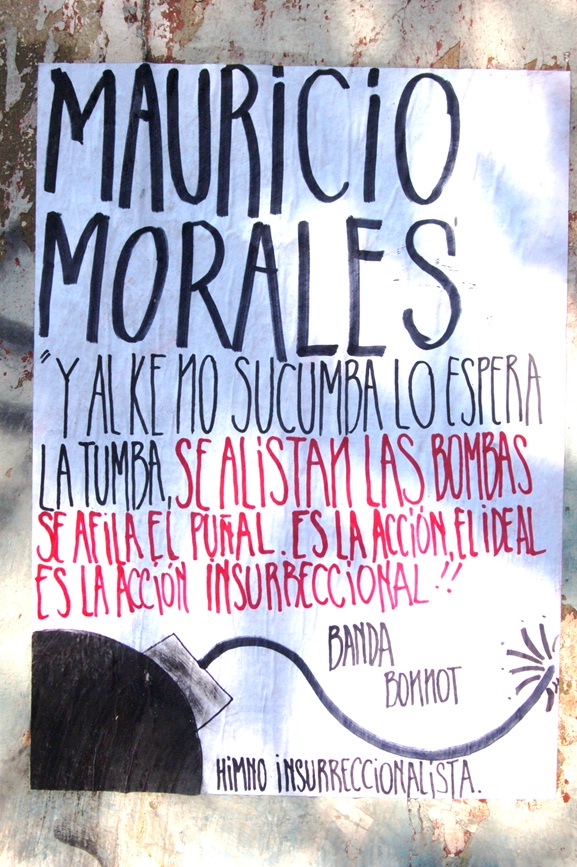
![A tres años de la Partida de Mauricio Morales: De la Memoria a la Calle [Stgo.]](http://metiendoruido.com/wp-content/uploads/2012/05/mmacividad.jpg)
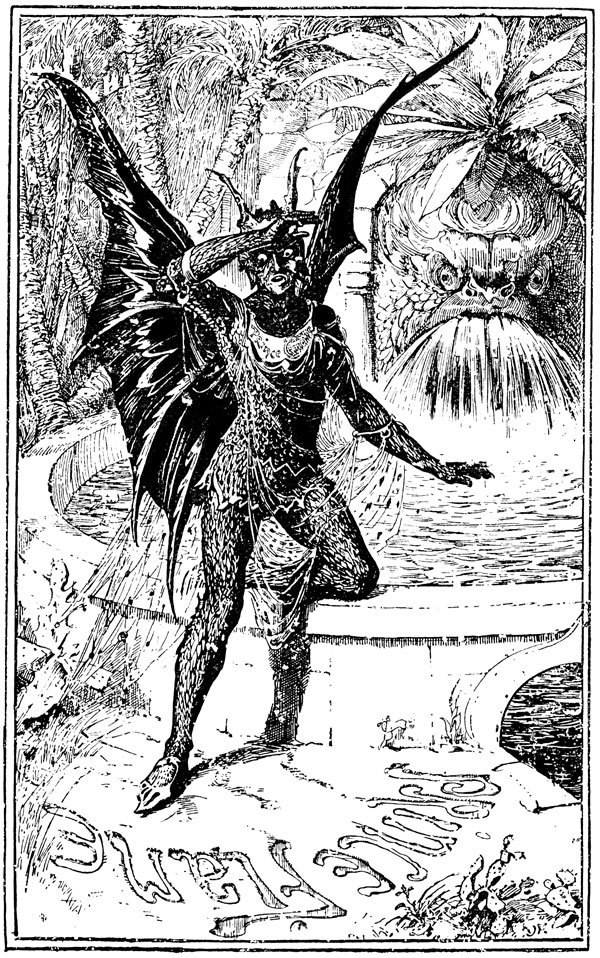




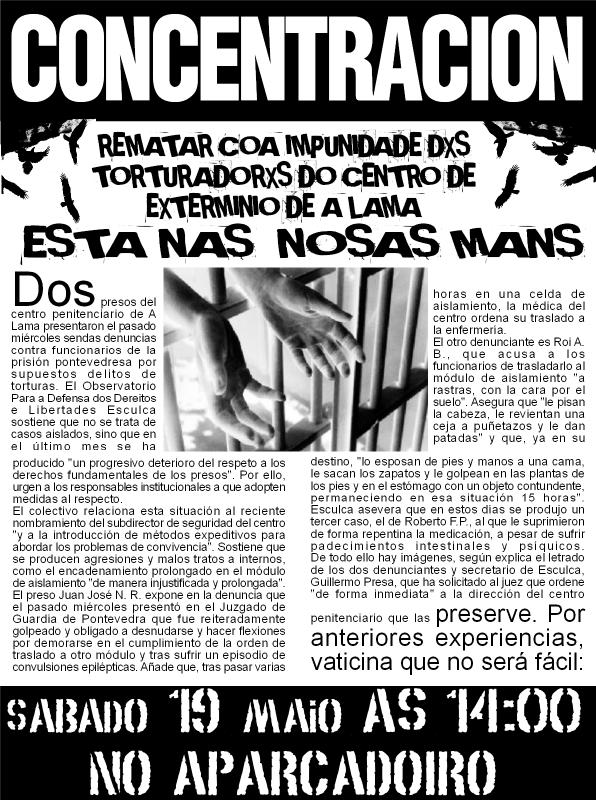

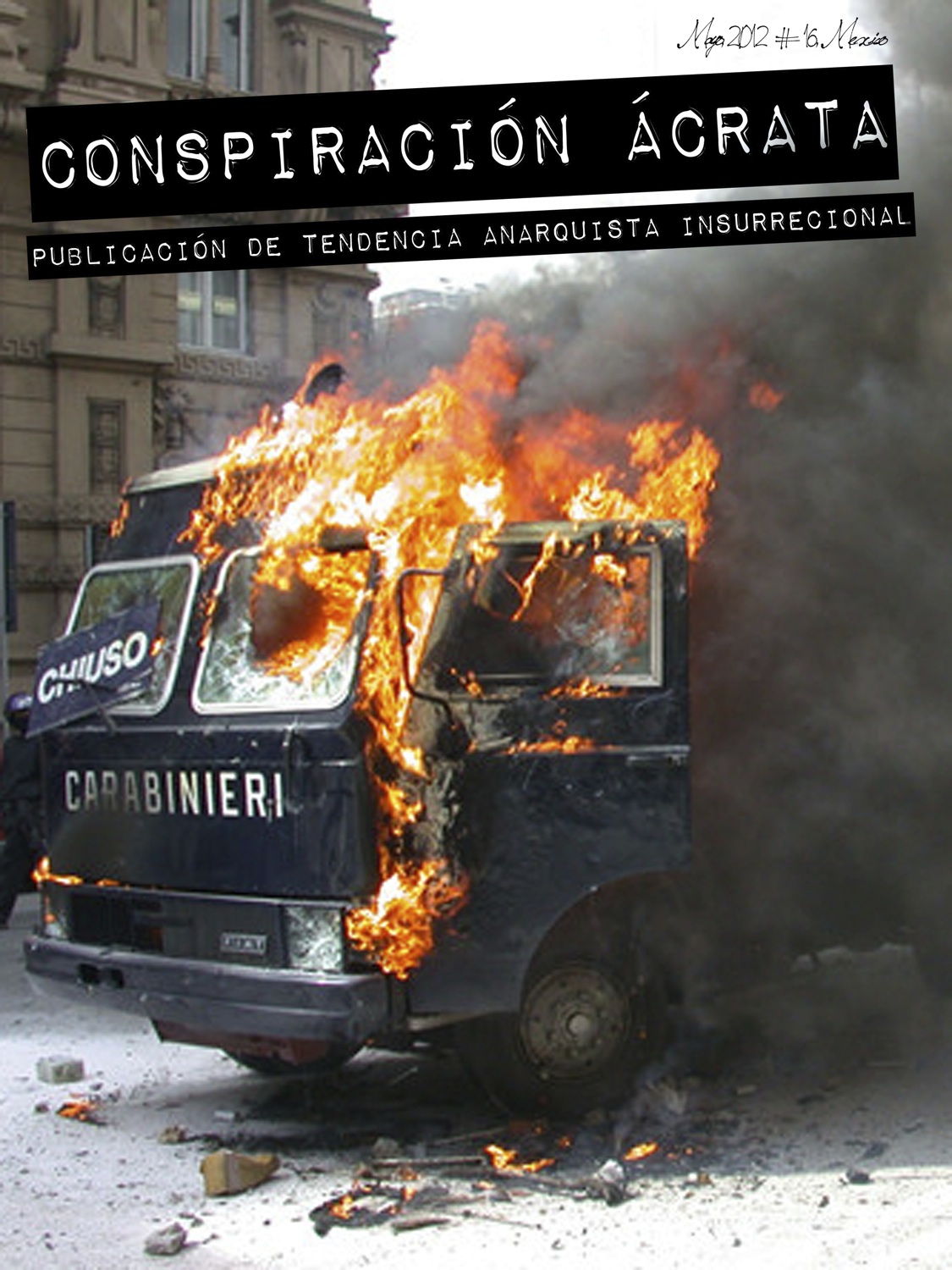

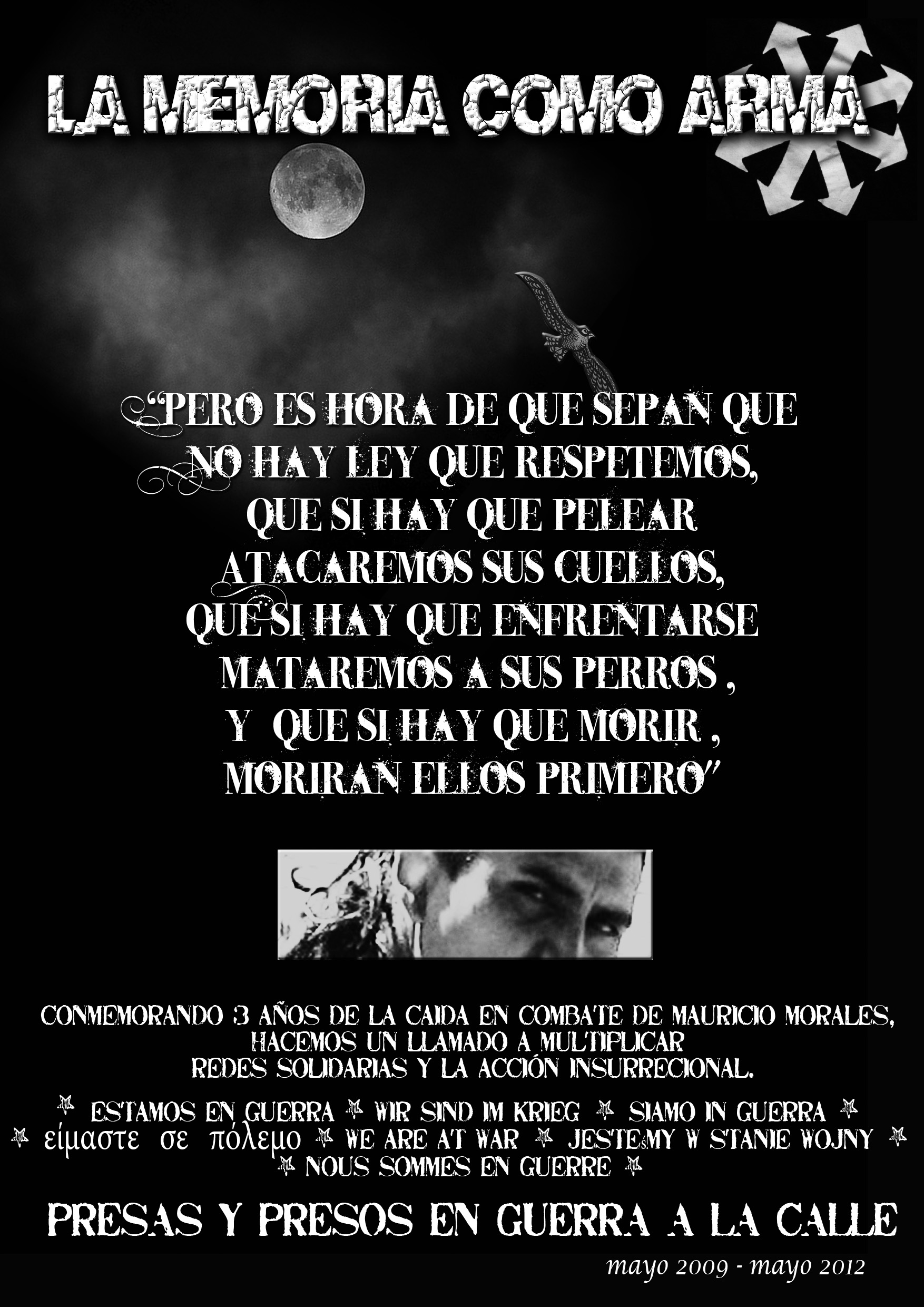
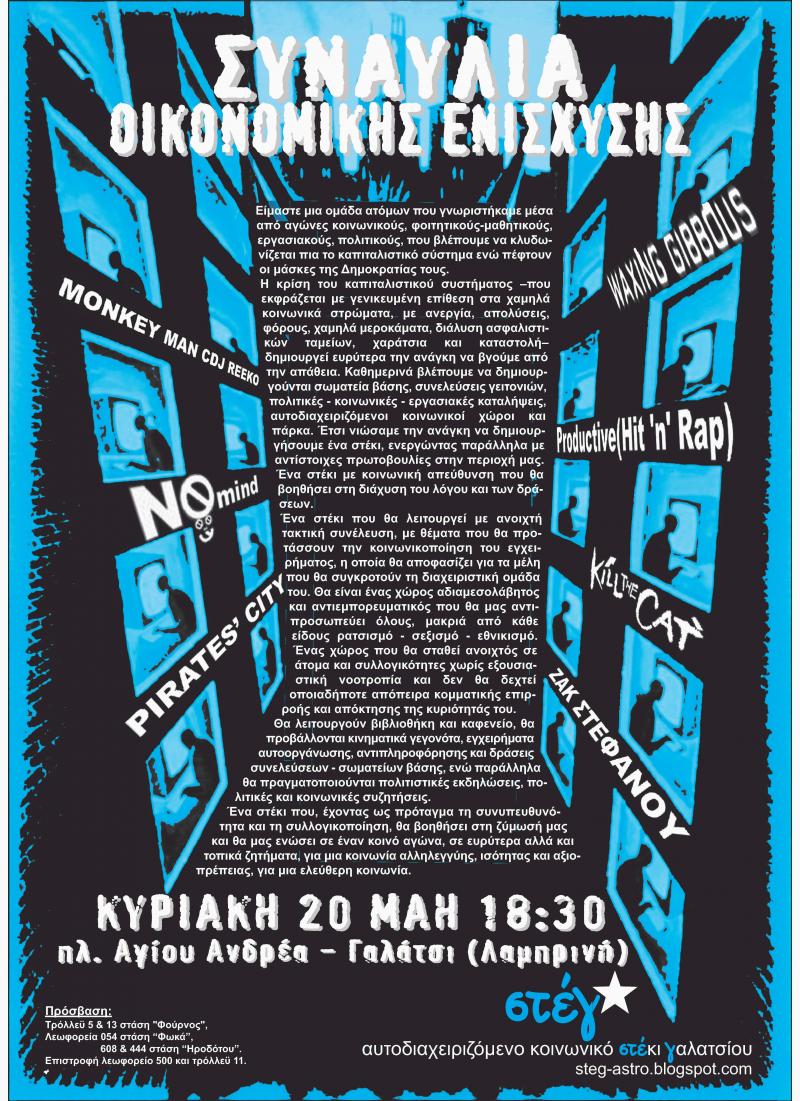








Nessun commento:
Posta un commento